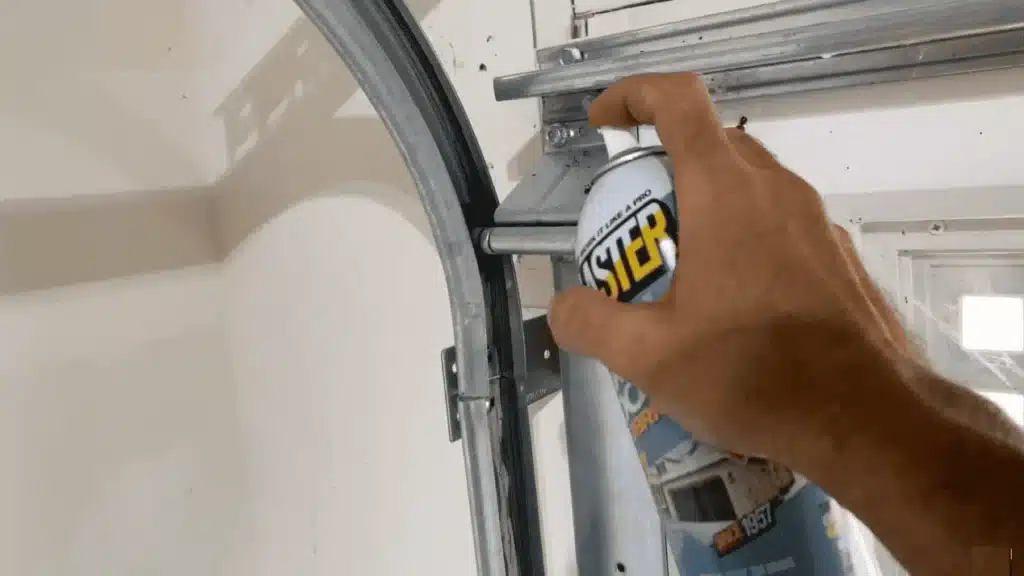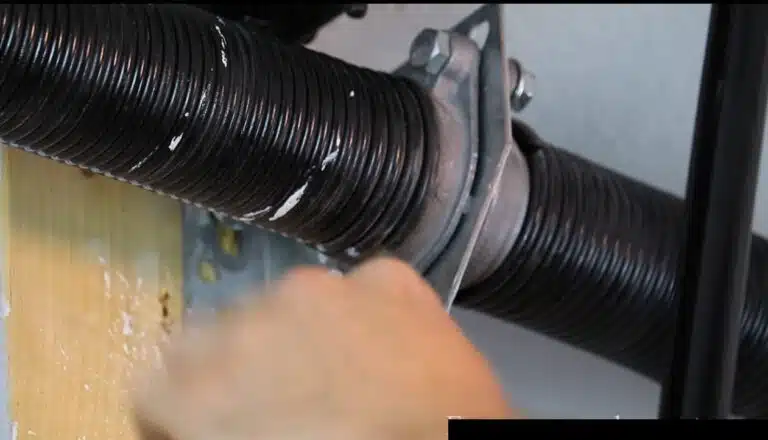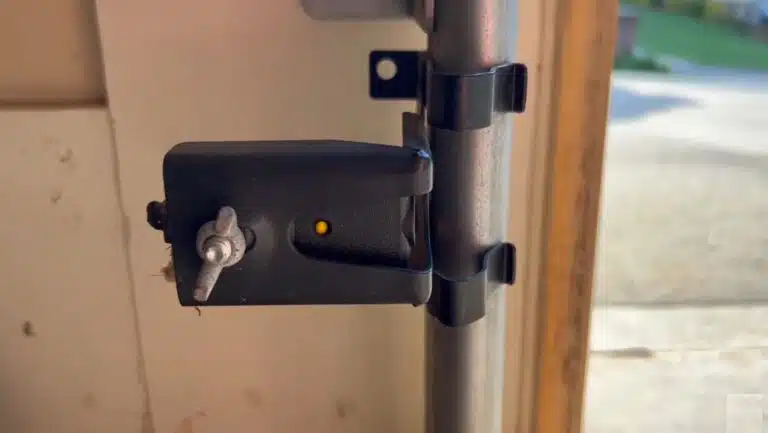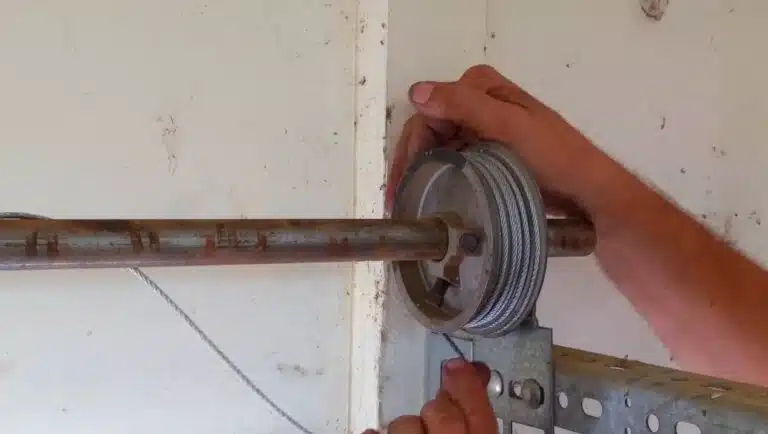Choosing the correct kind of lubricant is essential for guaranteeing long-term durability and smooth operation of your garage door tracks. This is a thorough advice on the ideal lubricants to use together with explanations for their importance.
Types of Lubricants to Use on Garage Door Tracks
Usually splitting into two groups, silicone-based sprays and lithium-based greases are the finest lubricants for garage doors. While all these kinds are good for preserving garage door parts, their fit will rely on the particular garage door mechanism you are lubricating.
- Silicone-Based Sprays: Various garage door components would be best suited for silicone-based sprays since they are great in preventing moisture and corrosion. These sprays function effectively in harsh temperature situations and pierce tightly into small spaces including hinges, springs, and rollers. For tracks, silicone sprays are a lightweight choice that leaves no heavy residue while helping parts move smoothly. They provide good defense against rust and moisture, hence they are especially helpful in places with high humidity or changeable weather conditions.
- White Lithium Grease: For sections like the garage door tracks that show metal-to-metal contact, white lithium greases are a heavy-duty choice perfect for them. Great for the tracks and other moving components bearing the most of the door movement, white lithium grease stays on the surface and offers long-lasting lubrication. Perfect for high-use doors or in areas with constant operation, it creates a thick, protective covering free of leak or run-through characteristics.
- Petroleum-Based Lubricants: Some experts also recommend using petroleum-based lubricants for garage doors, particularly for metal parts like tracks and hinges. These substances are rather good in preventing corrosion and reducing metal component wear. Though it could draw dirt and garbage that could cause clogs or increased wear-through, over-application should be avoided.
What to avoid and what to choose
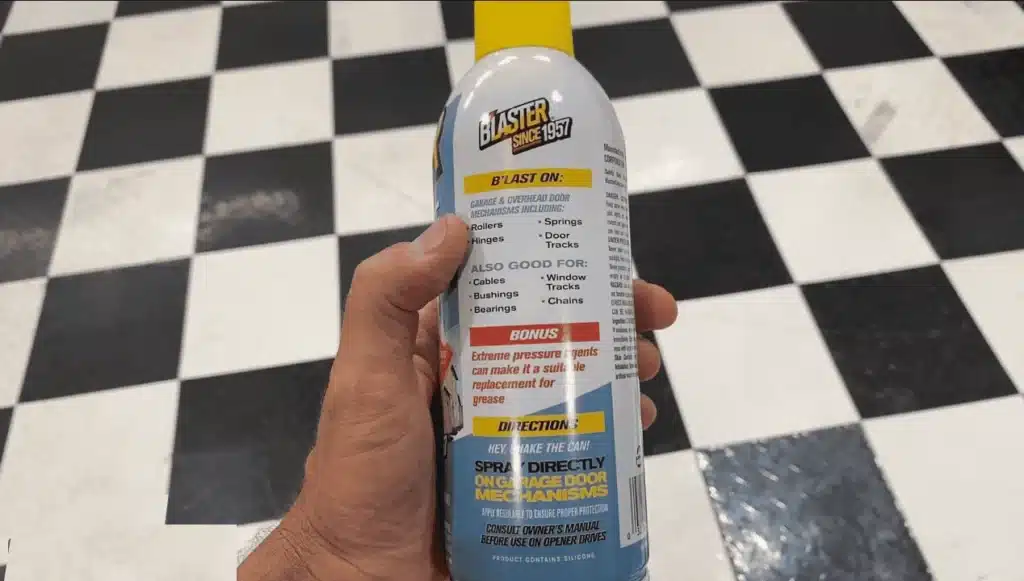
- Blaster Lubricants For Garage Door Tracks
Using compounds like WD-40, a penetrant instead of a lubricant, is a typical error homeowners make. WD-40 is not meant for long-term lubrication and might attract dirt, hence it is not appropriate for regular lubrication even if it is fantastic for clearing rust and grime off your garage door components. If you enjoy WD-40, their White Lithium Grease variety is more suited for lubricating garage doors.
Blaster High-Performance White Lithium Grease is an excellent option for lubricating garage door tracks and other metal components. This lithium-based grease guarantees flawless functioning by creating a thick, protective layer on the metal surfaces, therefore improving lubrication. Particularly relevant for garage doors subjected to dampness or regular usage, it is quite resistant to water and stops rust and corrosion.
Blaster High-Performance White Lithium Grease is well-known for its resilience at high temperatures since it has a wide running range fit for usage in both cold and warm climates. It is perfect for parts like tracks and rollers where you wish long-lasting lubrication without the mess since it stays on the surface without dripping. It also fits both steel and nylon rollers, however caution should be used on plastic parts.
What happens if you don’t lubricate garage door tracks?
If you don’t lubricate your garage door tracks, it can lead to several issues, including the risk of the door going off track. Here’s a more detailed breakdown:
- Increased friction: Without lubrication, friction between the rollers and tracks rises and results in either rough or unequal movement. This increases the likelihood of the door straying off the tracks, particularly if one side is under excessive strain.
- Premature wear and tear: Lack of lubrication accelerates the wear on rollers and tracks, therefore causing premature wear and tear. Unevenly worn-down parts may cause the rollers to move out of alignment, therefore causing the door to come off the track more readily.
- Jerky door movement: A poorly greased mechanism can produces a jerky, shaky door. The door runs the danger of slipping off track if the uneven movement causes it to misalign with the rails.
- Mechanical failures:Parts starved of lubrication may wear out more quickly or jam. The mechanism gets increasingly strained when this happens; if one component breaks, the door could go completely off track.
- Excessive noise: Loud squeaks and grinding noises might result from inadequate lubrication. These sounds indicate that the rollers aren’t moving smoothly, which would be a possible indication the door might finally slide off track.
- Door going off track: Without appropriate lubrication, the friction and uneven movement might strain the tracks and rollers excessively, therefore raising the possibility of the door falling off track. A door moving off track could cause a complete malfunction; consequently, professional repair is required to realign and reset the door.
Regular lubrication is vitally essential to preserve a smooth, safe, silent functioning as well as to avoid your garage door from running off track.
Step-by-Step Guide for Lubricating Garage Door Tracks
- Clean the Tracks: Before adding any lubrication, the tracks must be completely clean. Dust, filth, and any old lubrication that might have gathered can be wiped with a moist cloth. To clean tough filth, brush and a light detergent will help you. This guarantees that the lubricant can perform as it should free from any obstacles.
- Choose the Right Lubricant: Lightly apply silicone or lithium-based oil along the interior of the track once the rails are clean. Steer clear of overapplying since too much lubrication may cause gum the machine to stick to dirt. If you are using grease, use a putty knife or your hands to equally distribute it down the rails.
- Lubricate Other Components: Lubricate Other Components: Not just the rails but also other parts need maintenance. To ensure perfect general functioning, lubricate the rollers, hinges, and springs among other moving parts. The springs and bearing plates should be made of heavier oil; the rollers and hinges should be lubricated with a spray.
- Test the Door: After applying the lubricant, several times open and close the garage door to help distribute it fairly. This stage reduces friction and guarantees enough coating of all moving components, therefore increasing the quieter, smoother running performance.
How Often Should You Lubricate?
For best operation, oil your garage door every three to six months depending on local temperature and frequency of use. In locations experiencing extreme cold or heat, or other severe weather, more regular lubrication could be needed.
Final Thoughts
Selecting the right lubricant for your garage door tracks will considerably extend the lifetime of your door and its components, so ensuring quiet operation. While silicone sprays are perfect for protecting against moisture and accessing difficult-to-reach areas, white lithium grease is good for metal parts like rails and rollers since it offers long-lasting lubrication without leaking. Choose garage door especially made products to maintain their lifetime and functionality instead of generic sprays like Blaster.

